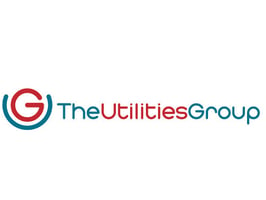Happy New Year: Exploring the Future of the UK Commercial Energy Market As the clock strikes...
Is now a good time to fix ?
In today's volatile energy market, businesses are increasingly faced with the challenge of managing fluctuating energy costs.
Fixing business energy prices can provide a stable financial outlook, allowing companies to budget more effectively and avoid unexpected spikes in expenses. With geopolitical tensions and supply chain disruptions contributing to unpredictable energy prices, locking in rates now could shield businesses from future market volatility.
Additionally, as the global push towards renewable energy sources continues, traditional energy prices may rise due to regulatory changes and carbon pricing. By securing fixed rates, businesses can not only protect themselves from these potential increases but also focus on long-term sustainability goals without the distraction of fluctuating energy costs. Therefore, for many businesses, now may indeed be the opportune moment to consider fixing their energy prices.
In addition to providing financial stability, fixing business energy prices can also enhance a company's competitive edge. By securing a predictable energy cost, businesses can allocate resources more efficiently, investing in innovation and growth rather than being preoccupied with fluctuating expenses. This strategic advantage allows companies to offer more competitive pricing to their customers, potentially increasing market share. Moreover, with a fixed energy budget, businesses can better forecast their financial performance, making them more attractive to investors and stakeholders who value stability and foresight.Another significant benefit of fixing energy prices is the potential for improved supplier relationships. By committing to a long-term energy contract, businesses can foster stronger partnerships with their energy providers. This commitment often results in better service, as suppliers are more inclined to prioritize clients who offer them consistent business. Additionally, these relationships can lead to more favorable contract terms, such as flexible payment options or additional services, further enhancing the value of the fixed price agreement.However, businesses must carefully consider the timing and terms of fixing their energy prices. Entering into a fixed-rate contract during a period of high market prices could lock a company into rates that are not competitive in the long term. Therefore, it is crucial for businesses to conduct thorough market analysis and consult with energy experts to determine the most opportune moment to secure a fixed rate. This strategic approach ensures that businesses are not only protected from volatility but also positioned to benefit from potential market downturns.



